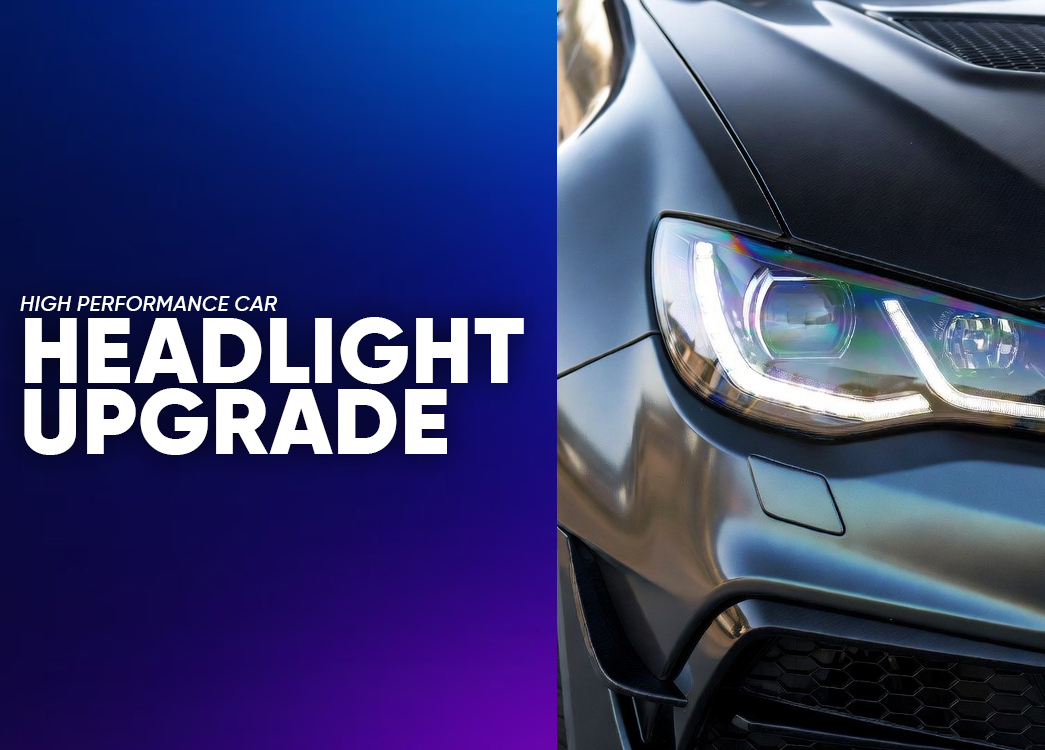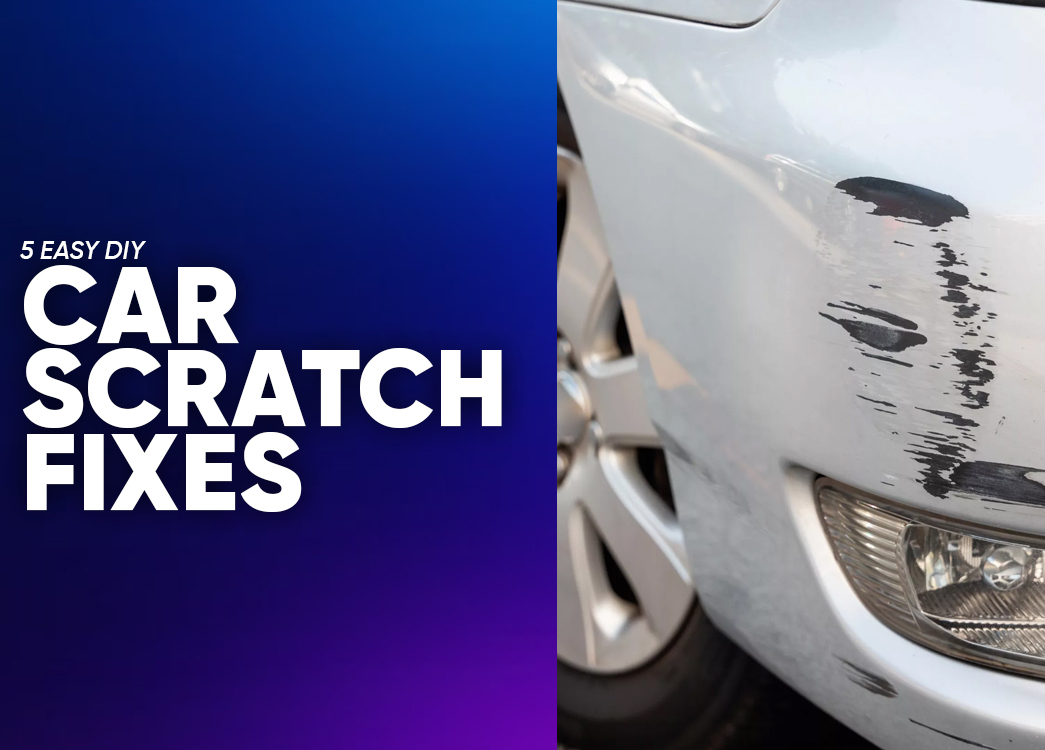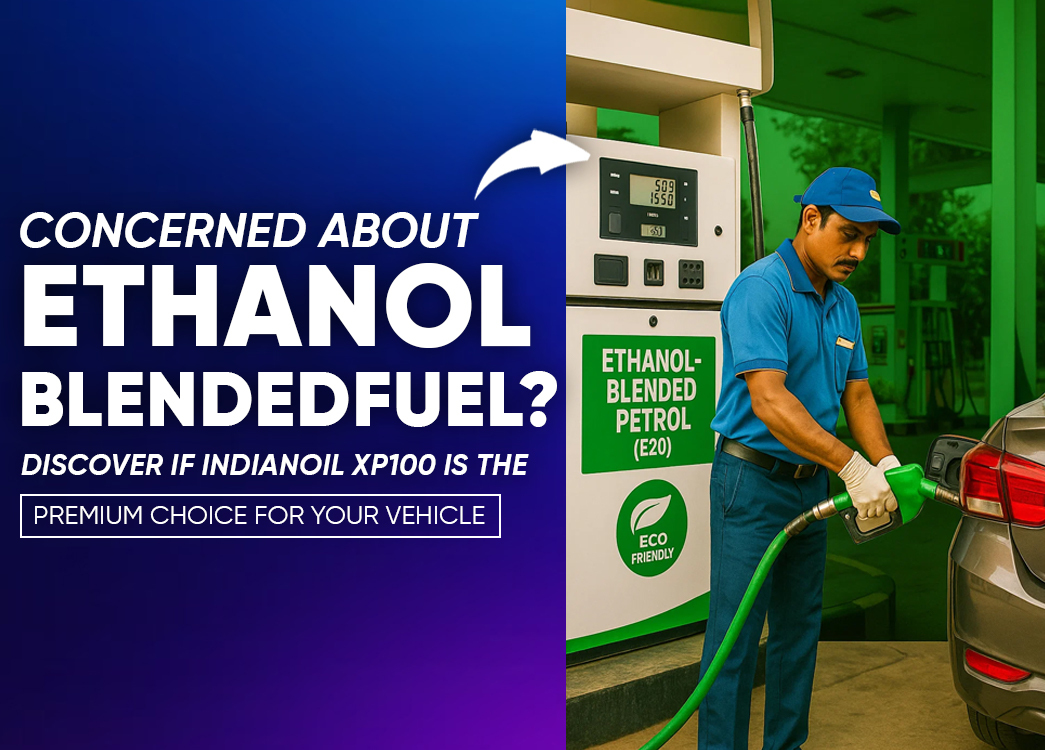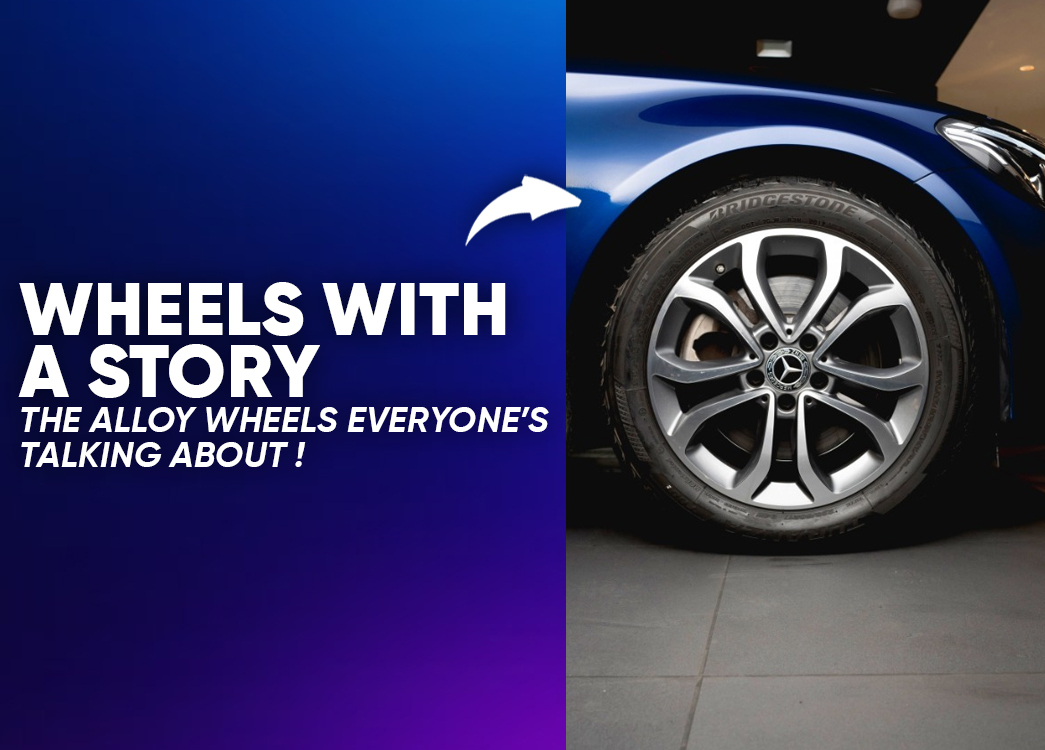
By Chaitali joshi On 15-11-2025 at 6:45 am
Best Alloy Wheels for Car in India: How to Choose the Perfect Rims for Style and Performance
Best Alloy Wheels for Car in India: How to Choose the Perfect Rims for Style and Performance
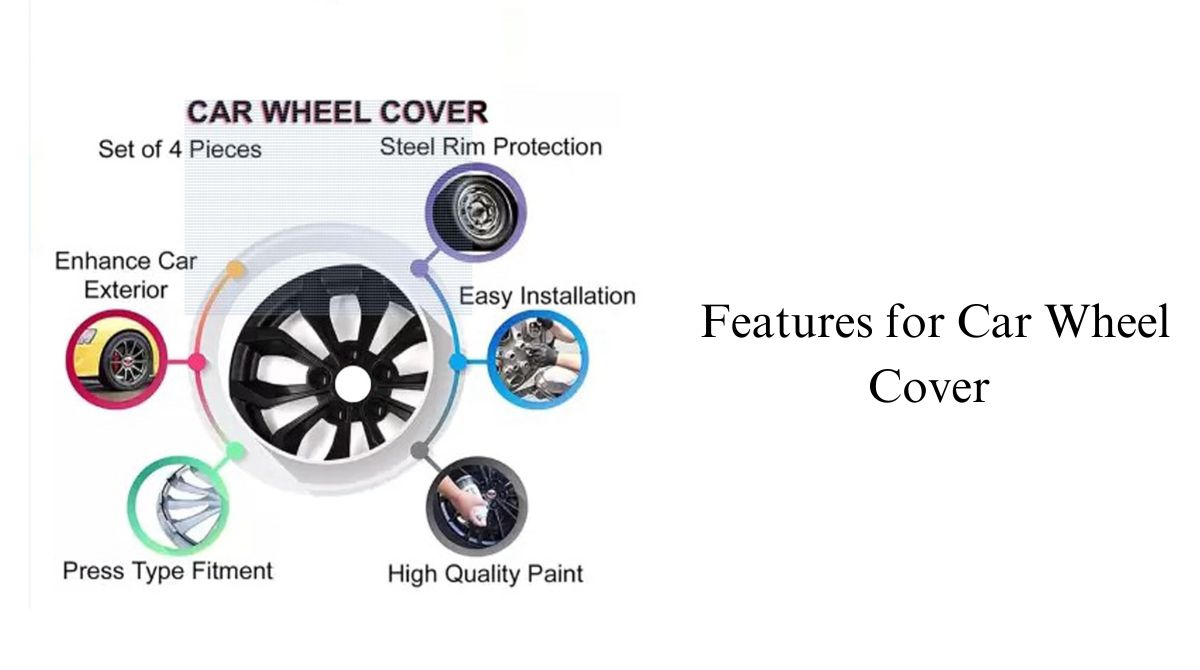
Alloy wheels have become one of the most popular upgrades for car owners who want better performance, improved handling, and a premium appearance. Unlike steel wheels, alloy wheels are lighter, stronger, and better at heat management, making them ideal for Indian roads. This guide by Creckk explains everything you need to know before choosing the right alloy wheels for your car, including sizing, fitment, materials, finishes, maintenance, and long-term performance.
Why Alloy Wheels Matter for Every Car Owner
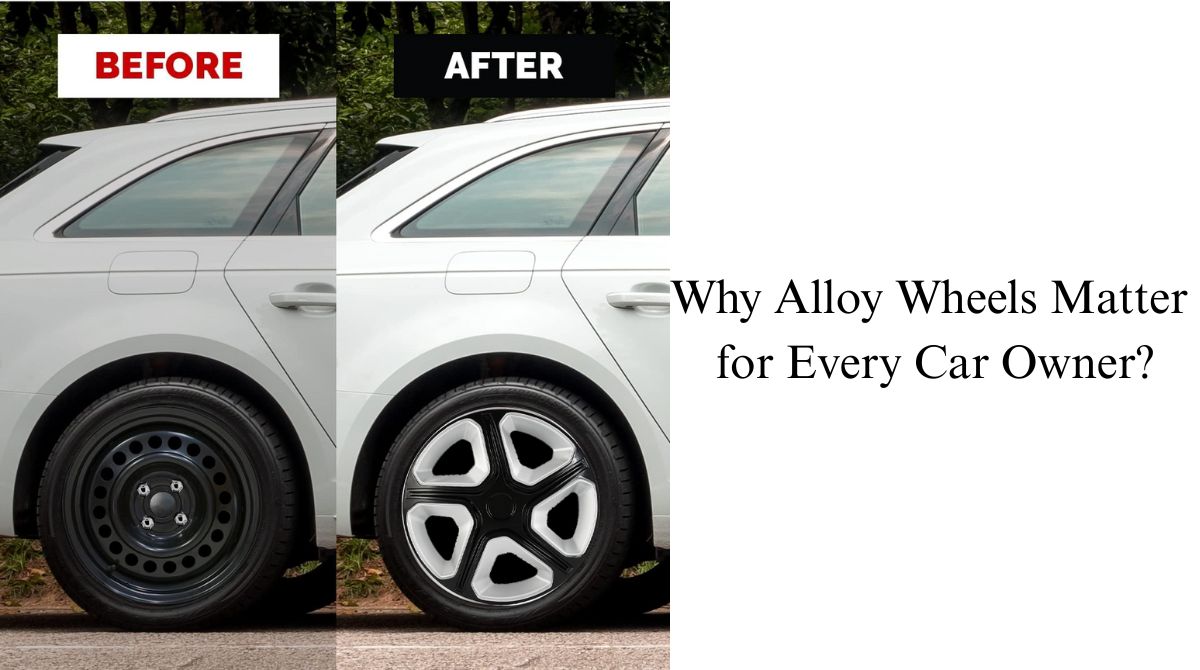
Car Alloy wheels are crafted from lightweight metals such as aluminum or magnesium which help reduce unsprung weight. This results in faster acceleration, improved braking, and enhanced suspension response. Beyond performance benefits, alloy wheels also transform the overall look of your car, offering modern designs, unique finishes, and a premium stance on the road. With Creckk, car owners can explore a wide collection of alloy wheels suited for every car model and driving purpose.
Top Benefits of Alloy Wheels for Car
Alloy wheels offer multiple advantages that go beyond looks. Their lightweight structure improves fuel efficiency and reduces strain on vehicle suspension. Better heat dissipation keeps brakes cooler during long drives, enhancing safety. They also resist corrosion and maintain their shine for years. With stylish designs, bold spoke patterns, and high-end finishes, alloy wheels instantly elevate the personality of your vehicle while also increasing resale value.
Comparison Table Alloy Wheels vs Steel Wheels
| Feature | Alloy Wheels | Steel Wheels |
|---|---|---|
| Weight | Lighter | Heavier |
| Heat Dissipation | High | Low |
| Design Options | Wide Range | Limited |
| Fuel Efficiency | Better | Moderate |
| Corrosion Resistance | High | Low |
How to Choose the Perfect Car Rim for Your Vehicle
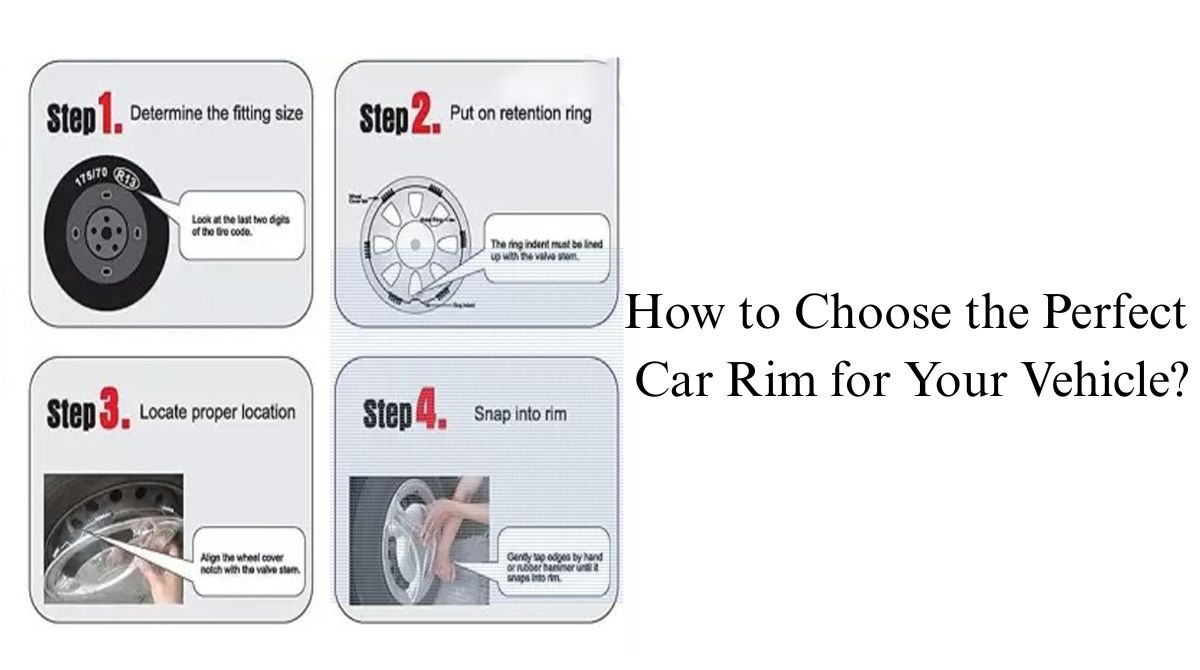
Before purchasing alloy wheels, it is important to understand the correct size, bolt pattern, offset, center bore, and width. Choosing the wrong specifications can impact steering, braking, alignment, and tire wear. Always check your vehicle manual or consult Creckk fitment experts for accurate guidance. Design also plays a major role, as different styles affect performance, weight, and visual appeal.
Understanding Size Fitment and Compatibility
Size and fitment determine how well the alloy wheel fits your car. The diameter, width, and offset are key factors that influence handling and stability. PCD or Pitch Circle Diameter must match your car’s bolt pattern for safe installation. A correctly chosen center bore ensures the wheel sits perfectly on the hub. Matching all these specifications ensures optimal road performance and safety.
Table Key Fitment Terms Explained
| Term | Meaning |
|---|---|
| Diameter | Overall height of the wheel |
| Width | Thickness of the wheel |
| PCD | Pitch Circle Diameter of bolt holes |
| Offset | Distance between wheel centerline and mounting surface |
| Center Bore | The hub hole that fits onto the axle |
Different Types of Alloy Wheels for Car
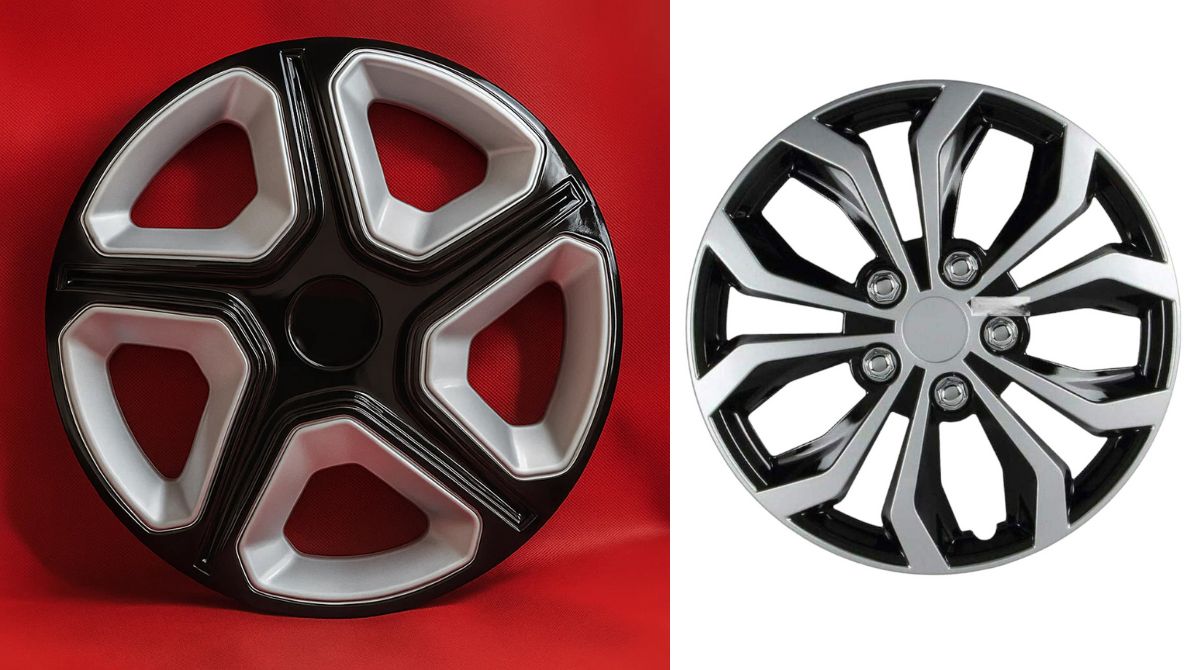
Alloy wheels come in different construction types. Cast alloy wheels are budget friendly and offer attractive designs suitable for daily driving. Forged wheels deliver superior strength and very low weight which makes them ideal for high performance cars. Flow formed wheels offer the perfect middle ground with excellent durability and reduced weight at a moderate price. Creckk offers all these types so drivers can choose based on their preferences and usage patterns.
Comparing Finishes Materials and Styles
Alloy wheels come in multiple finishes including gloss, matte, diamond cut, chrome, and brushed metal. Each finish delivers a different aesthetic appeal and level of durability. Aluminum alloys are the most common material due to their strength and corrosion resistance. Forged alloys provide maximum endurance and lightweight properties. Designs such as multi spoke, deep dish, and concave profiles allow car owners to personalize their vehicle to match their style.
Maintenance Tips to Keep Your Alloy Wheels Shining
To maintain the shine and structure of your alloy wheels, clean them regularly using pH balanced cleaners. Avoid harsh chemicals that may damage the surface. Use soft brushes or microfiber cloths to prevent scratches. Applying wheel wax or ceramic coating monthly helps protect the finish from oxidation, brake dust, and environmental wear. Checking your wheel alignment and balancing periodically ensures smooth performance and longer wheel life.
Best Cleaning Practices for Car Rim Longevity
Start by rinsing the wheels to remove loose dirt. Use a mild wheel cleaner and a soft brush to clean spokes and edges. Always dry the wheels with a microfiber towel to avoid water spots. Applying a protective layer of wax or coating helps reduce dust buildup and maintains long term shine. Regular maintenance significantly extends the life of your alloy wheels and keeps your rims looking premium.
Table Recommended Maintenance Schedule
| Maintenance Task | Frequency |
|---|---|
| Basic Cleaning | Weekly |
| Protective Wax or Sealant | Monthly |
| Scratch or Dent Inspection | Every 2 Months |
| Wheel Balancing | Every 6 Months |
Final Thoughts Find the Best Alloy Wheels for Car with Creckk
Upgrading to alloy wheels is one of the most effective ways to improve your car’s performance and appearance. With the right size, fitment, finish, and design, alloy wheels enhance stability, fuel efficiency, and overall driving experience. Creckk offers a wide range of high quality alloy wheels that combine strength, durability, and modern styling. Whether your priority is comfort, performance, or aesthetics, Creckk provides the perfect set of wheels to elevate your vehicle and give it a distinctive identity on the road.
FAQs
What are the benefits of using alloy wheels on a car
Alloy wheels improve handling, braking, fuel efficiency, and heat dissipation. They are also lightweight and enhance the visual appeal of the vehicle.
How do I choose the correct alloy wheel size
Check your vehicle’s manual for OEM specifications. Ensure correct diameter, width, PCD, offset, and center bore for a perfect fit.
Are alloy wheels stronger than steel wheels
Alloy wheels are lighter and offer better performance, but forged alloys provide superior strength compared to steel wheels.
Which type of alloy wheel is best for everyday use
Cast alloy wheels are ideal for daily driving due to their balance of cost and style. Flow formed wheels offer better strength at a moderate price.
Do alloy wheels require special cleaning products
Use mild, pH balanced cleaners to avoid damaging the finish. Avoid acidic cleaners and metal brushes.
Can alloy wheels improve fuel efficiency
Yes.The lighter weight reduces rolling resistance and helps improve mileage.
Author
Chaitali joshi
Related posts
